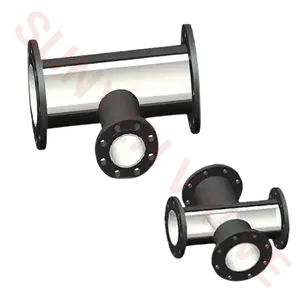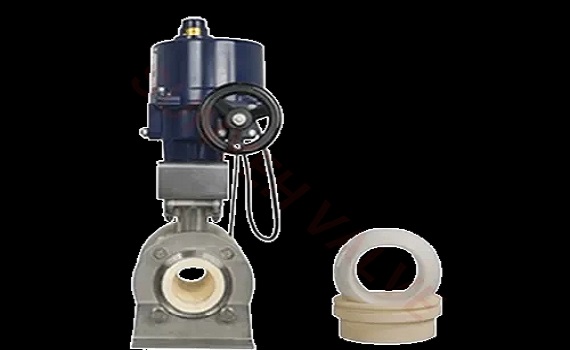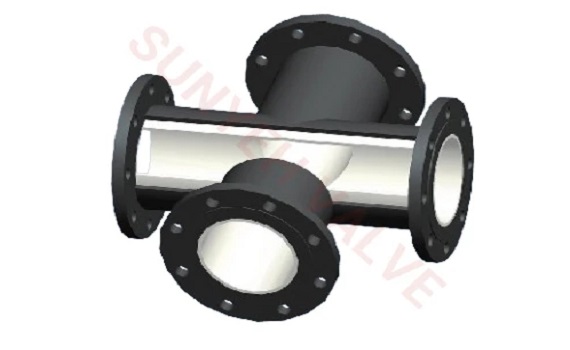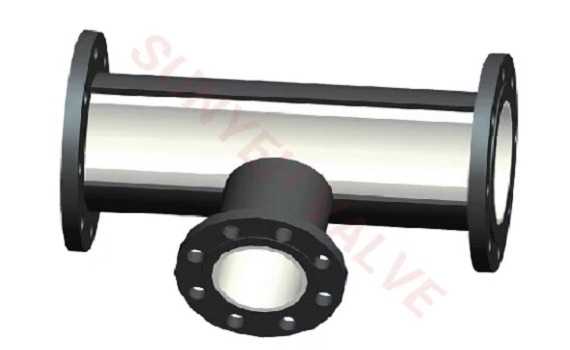Ceramic lined pipes are highly valued in various industries due to their unique properties such as extreme durability, corrosion resistance, and ability to handle high temperatures. Their applications span multiple sectors where they help reduce downtime, maintenance, and operating costs. Here are some key applications of ceramic lined pipes:
1. Mining and Mineral Processing
In the mining industry, handling abrasive materials like ores and minerals is commonplace. Ceramic lined pipes are used to transport these abrasive slurries from the mining site to processing facilities. Their superior wear resistance significantly extends the lifespan of piping systems under these harsh conditions.
2. Power Generation
Ceramic lined pipes are utilized in power plants, especially in handling coal ash slurry and other abrasive by-products of coal combustion. Their ability to withstand the corrosive and abrasive nature of these materials ensures a more reliable and efficient waste management system.
3. Chemical Processing
Chemical plants often deal with highly corrosive substances that can degrade conventional pipes quickly. Ceramic lined pipes resist chemical attacks, maintaining the integrity of pipelines that transport acids, alkalis, and other aggressive chemicals. This prevents leaks and potential environmental hazards.
4. Steel Manufacturing
The steel industry uses ceramic lined pipes in pneumatic conveying systems to transport abrasive dust and particles. These pipes resist the wear and tear caused by metal particles and high temperatures, improving the reliability of systems used to collect and move raw materials and waste.
5. Cement Manufacturing
Similar to mining, cement manufacturing involves the movement of very abrasive materials, including clinker and limestone slurry. Ceramic lined pipes reduce the erosion and wear commonly experienced in cement plant piping systems.
6. Dredging
Dredging operations, which involve the removal of sediments and debris from the bottoms of water bodies, require piping that can handle highly abrasive materials like sand, mud, and gravel. Ceramic lined pipes are preferred for their ability to endure the rough materials and prolong the service life of dredging equipment.
7. Pulp and Paper Industry
In the pulp and paper industry, ceramic lined pipes are used in the bleaching and chemical recovery processes, where harsh chemicals and high temperatures are common. The pipes' corrosion resistance ensures that they can handle various chemical agents used throughout the paper making process.
8. Wastewater Treatment
In wastewater treatment facilities, ceramic lined pipes are used in areas susceptible to corrosion and abrasion, such as sludge handling and chemical dosing lines. Their longevity and robustness help maintain consistent and safe operations.
The application of ceramic lined pipes across these industries highlights their importance in settings where standard pipes fail quickly due to abrasion, corrosion, or thermal challenges. By employing ceramic lined pipes, industries benefit from reduced operational costs, decreased downtime, and improved overall efficiency.
 English
English 




